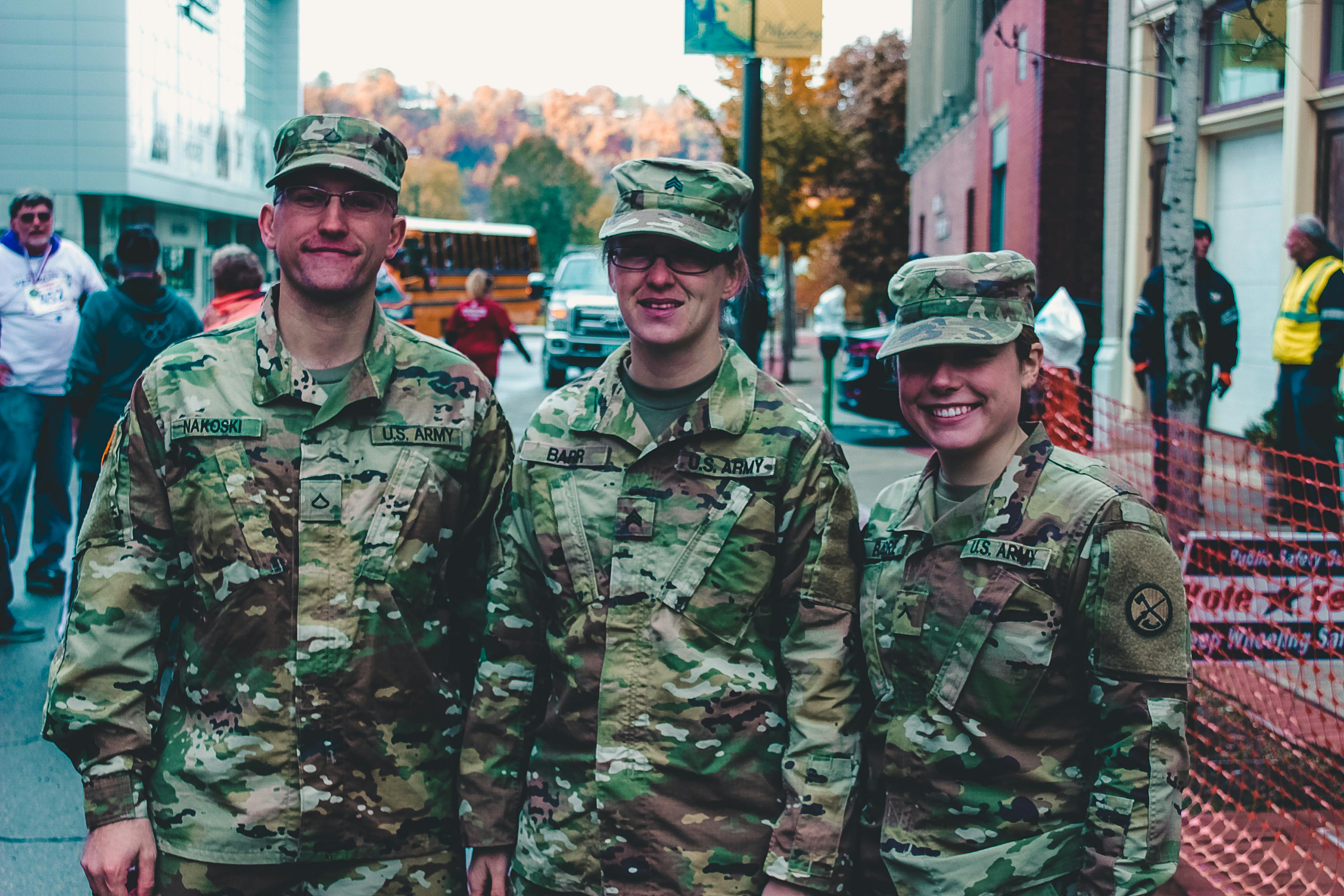Explaining the Uniformed Services Employment and Reemployment Rights Act (USERRA)
Despite the great honor and responsibility that comes with serving in the military, there is nothing more heartwarming than a soldier returning home from active duty. As citizens of the US, we all hope our military service workers come home safe and sound.
But unfortunately, life isn’t always the same when military personnel return home. Oftentimes, one of the biggest concerns for military members is employment. Will they be able to integrate back into civilian life and maintain their previous job? This transition can be challenging, which is why the Uniformed Services Employment and Reemployment Rights Act (USERRA) exists.
In honor of Veteran’s Day, let’s explore the regulations of USERRA and the guidelines for military personnel returning to the workforce.
Who Is Covered Under USERRA?
Every branch of the military is covered under USERRA, including the Air Force, Army, Coast Guard, Marine Corps, and Navy. However, there are a few important tasks that a military service member must complete to qualify for USERRA:
- Notify their employer of their military enlistment and dates as soon as possible for basic training or deployment
- The employee returns to work within five years according to the USERRA guidelines
- The individual was not issued a dishonorable discharge

The USERRA has specific guidelines for employees returning to work depending upon the length of their military experience. Here’s a breakdown describing the responsibilities of a military member returning to work:
- 1 to 30 days of service: Come home, rest for at least 8 hours, and attend your next scheduled shift
- 31 to 180 days of service: Apply within 2 weeks (14 days) after returning home
- Over 181 days of service: Apply within 3 months (90 days) after returning home
Now, you might notice that any time over 30 days mentions “apply” to the job after returning home. However, military members can request employment with their previous company in verbal or written format. As long as the employer was notified per USERRA guidelines, the military member should be re-employed at the same company.
If an individual served over five consecutive years in the military, they are not eligible to reapply for their previous job.
Can Disabled Veterans Return To The Workforce?
If an individual suffered an injury during their military service that has left them disabled, employers are required to make accommodations if the individual chooses to return to work.
For example, let’s say a veteran returns home with a knee injury. Their civilian job involved long hours standing, but the veteran cannot stand for a significant amount of time without pain. The employer has two options: provide accommodations for the veteran to sit while working or find another job position of equal status within the company.

The employer should make a diligent effort to provide accommodations, but in some cases, this is not possible. If the veteran had a factory job, it might not be possible to complete their job duties sitting down. They would need to be transferred to another position that offers the same status and pay.
Employment Discrimination Due To Military Obligations Is Illegal
No employer is allowed to deny an individual employment due to their past, present, or future military obligations. But unfortunately, some companies try to push military service members out to avoid their USERRA responsibilities once the individual returns home.
This is highly illegal — any military personnel who has experienced employment discrimination should contact the Department of Labor and/or hire an attorney. The law professionals at Hickey & Hull have experience fighting for employee rights and are dedicated to fighting for employees who have been wronged by their place of employment.
Don’t wait — schedule your consultation today and make a plan to fight back against military deployment discrimination.
